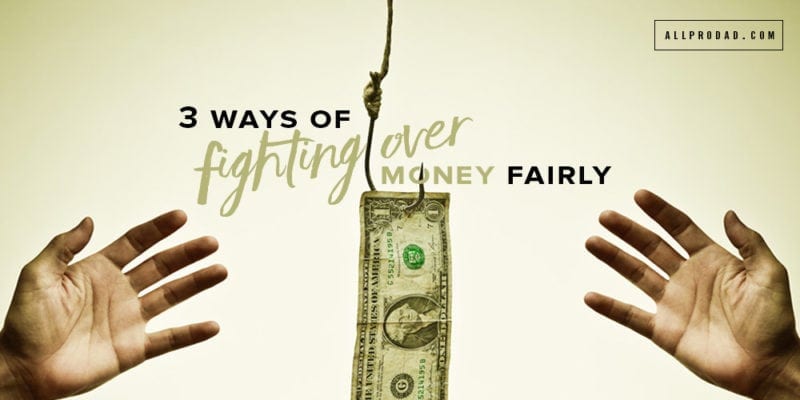Managing money well is an essential part of parenting. To do that, you have to have some knowledge about money. So, let’s see how smart you are about money with a money quiz. Get together with your kids, and let’s study some interesting statements and reveal your current thoughts about money. This is going to be a TRUE or FALSE money quiz.
See if you get the correct answers!
1. TRUE or FALSE? If you look rich, you probably are rich.
Answer: Your pen might have instinctively hovered to “True,” but the answer is definitely false! Just because someone drives a Bentley doesn’t necessarily mean he or she’s rich. There are many reasons people could have a Bentley, but not every reason means they’re wealthy. They could have been given it by their parents, stolen it, or rented it. The person with the fancy car or giant house could also be in huge debt to pay for those things. In other words, someone’s look is not necessarily the same as his or her reality. There’s a great quote that says, “People go broke trying to convince people they aren’t broke.”
2. TRUE or FALSE? “If you want to play on the team, go to the gym. If you want to own the team, go to the library.”
Answer: True. Who said that? Chris Gardner, the subject of the movie The Pursuit of Happyness, played by actor Will Smith. He was completely homeless with a child but worked his tail off to become a stockbroker and eventually owned his own firm. Chris and I were speaking at an event together when he told me his mom taught him that truth. He now reportedly has many, many tens of millions (from what I could tell at the time of this writing). Her wisdom paid off for him, I guess.
3. TRUE or FALSE? Financial success isn’t buying more stuff. It’s learning to live on less than you make.
Answer: True. In fact, financial success is spending less than you make for a long time. Period. That’s all it takes. And the wealthy have just figured out how to have less of their money go out than comes in. Sounds like a pretty simple concept, huh? It really is pretty simple.
4. TRUE or FALSE? If I could make a lot, I would give a lot.
Answer: False. I wish I could say this is true, but for many Americans (I haven’t studied other countries), the more we make, the less we give. You would think that people in general would give more, especially if they have more. But many have not learned the truth about the paradox of giving, which simply means it is harder to give more than you get back. George Jenkins, the founder of Publix Super Markets, was once asked how much he would be worth had he not given away so much money. His reply was, “Probably nothing.” Try it.
5. TRUE or FALSE? “Money makes a good person better and a bad person worse.”
Answer: True. Money is the great magnifier. Do you know who said this one? Truett Cathy, the founder of Chick-fil-A. It magnifies what is already inside us—what kind of person we really are. If you are a taker in life, a person who only thinks about and wants more for yourself, and ends up making more money, you will use that to take more from others. But if you are a serving type of person, if you have a giving heart, a kind spirit and end up making more money, you will use that money to do more for others.
6. TRUE or FALSE? Most Americans are rich.
Answer: True and false. This was a trick question. Americans are wealthy from an “international” perspective. The amount of wealth Americans have when compared to other nations is remarkable. I heard once that if you ever scrap food into the garbage disposal, you are rich. If you have a pair of shoes, you are rich. If you have running water that doesn’t make you sick, you’re rich.
But from a national perspective, we’re not doing so hot. This is not my quote, but “the average American is a person that drives a bank-financed car over a bond-financed highway on credit card gas to open a charge account at a department store so they can fill their savings and loan-financed home with installment-purchased furniture.” The average American family has little to no money saved, a large amount of monthly expenses and credit payments, and a total dependence on next month’s income to stay out of bankruptcy. In other words, we can do better.
Sound off: How did you and your kids do on the money quiz?











Huddle up with your kids and take the quiz together.